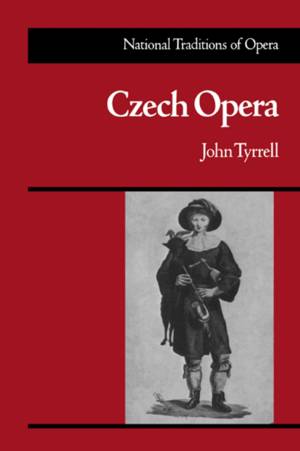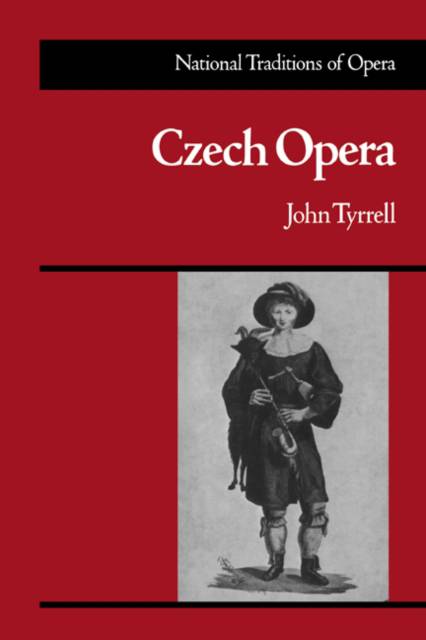
Bedankt voor het vertrouwen het afgelopen jaar! Om jou te bedanken bieden we GRATIS verzending (in België) aan op alles gedurende de hele maand januari.
- Afhalen na 1 uur in een winkel met voorraad
- In januari gratis thuislevering in België
- Ruim aanbod met 7 miljoen producten
Bedankt voor het vertrouwen het afgelopen jaar! Om jou te bedanken bieden we GRATIS verzending (in België) aan op alles gedurende de hele maand januari.
- Afhalen na 1 uur in een winkel met voorraad
- In januari gratis thuislevering in België
- Ruim aanbod met 7 miljoen producten
Zoeken
Omschrijving
Opera is the grandest and most potent cultural expression of the nationalist movement which led to the establishment of the Czechoslovak Republic in 1918. During this period Czech opera developed into a genre of major artistic importance cultivated by composers of the stature of Smetana, Dvorák and Janácek. Czech Opera examines opera in its national contexts, and is a study not only of operas written in Czech, but also of the specific circumstances which shaped them. These include the historical and political background to the period, the theatres in which Czech plays and operas were first performed, and the composers and performers who worked in them. The role of the librettists is given particular prominence and is complemented by a detailed chapter on the subject matter of the librettos shedding light on the subject matter of the historical and mythic background of the genre.
Specificaties
Betrokkenen
- Auteur(s):
- Uitgeverij:
Inhoud
- Aantal bladzijden:
- 372
- Taal:
- Engels
- Reeks:
Eigenschappen
- Productcode (EAN):
- 9780521347136
- Verschijningsdatum:
- 20/10/2005
- Uitvoering:
- Paperback
- Formaat:
- Trade paperback (VS)
- Afmetingen:
- 156 mm x 234 mm
- Gewicht:
- 521 g

Alleen bij Standaard Boekhandel
+ 190 punten op je klantenkaart van Standaard Boekhandel
Beoordelingen
We publiceren alleen reviews die voldoen aan de voorwaarden voor reviews. Bekijk onze voorwaarden voor reviews.









